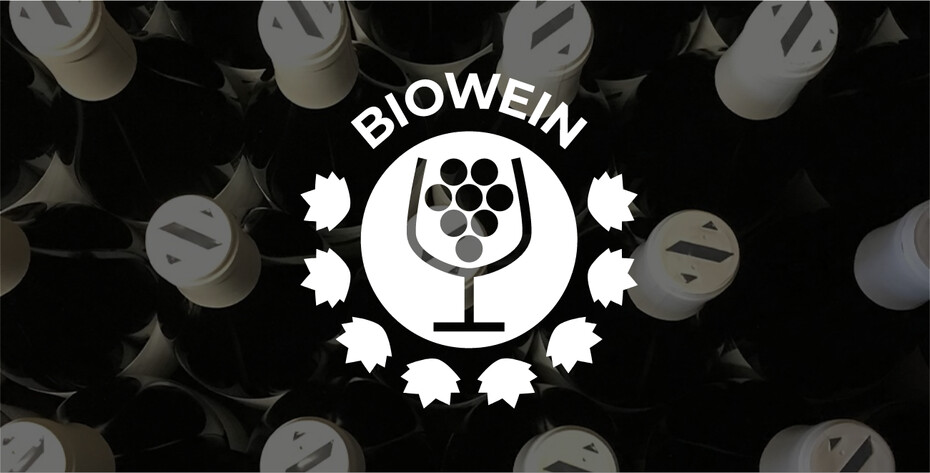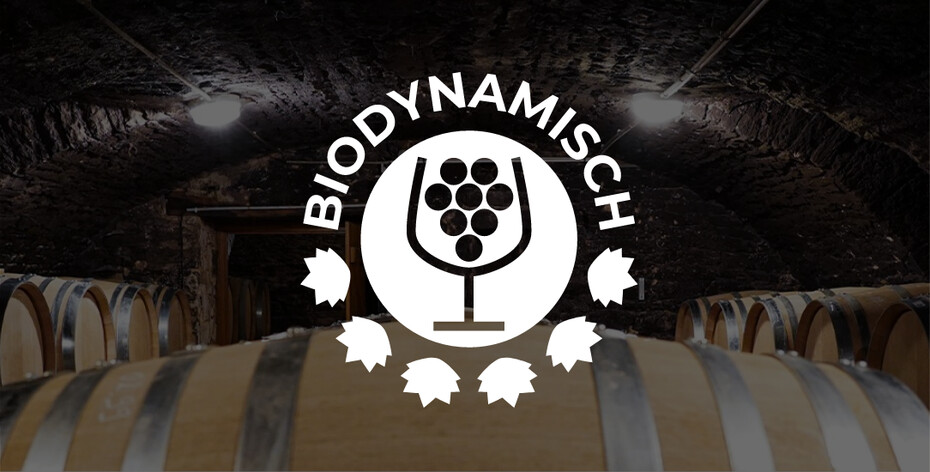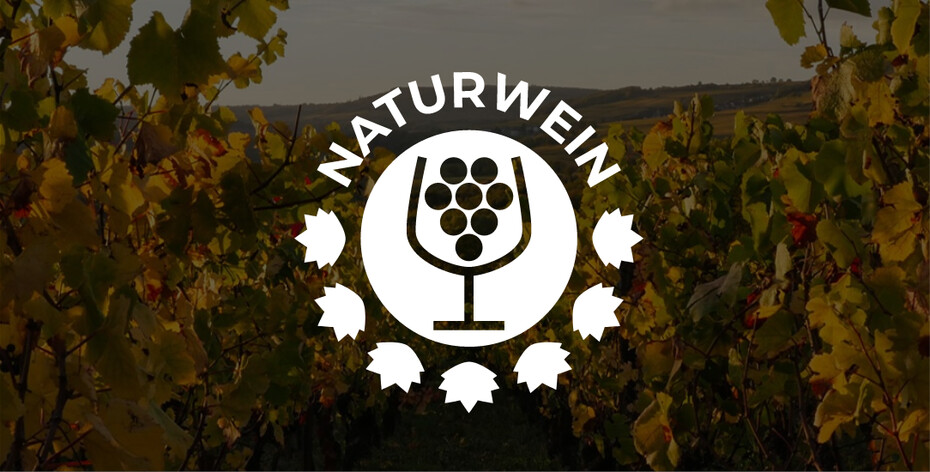ORGANIC - BIODYNAMIC - NATURAL WINE

Advisor
Organically grown wines
A winegrower who presses his wines according to organic guidelines completely dispenses with the use of synthetic chemical pesticides and fertilizers. The winegrower's trust in the resistance of the vine is the basis for organic cultivation. The winegrower interacts with the climatic situation with foresight and thus presses a sustainable wine. Organically produced wine is not only sustainable, it is often also more expressive, more aromatic, denser and simply better than conventionally produced wine. Incidentally, it is not important to us whether an organic winegrower certifies his wines, the only thing that counts for us is his conviction.

Advisor
Biodynamically produced wines
Rudolf Steiner's anthroposophical approach is fundamentally based on the biological ideal, but this does not end with cultivation. Rather, the focus is on a complex, holistic view, a separate ecosystem, a cycle. Cow horns are buried full, crops are grown, dried, stored and later processed into infusions and extracts, which vitalize not only the vines but also the earth. A biodynamic winegrower tacitly accepts the extra effort, because the sight of his vital vines rewards him every day. And if the vines don't, his wine will make up for it. Even with the biodynamically produced wines in our range, the winemaker's conviction is more important to us than a label.

Advisor
Natural wines
First things first: they do exist, the good natural wines that are not recognizable as such! Remain critical, don't let every oenological inability, every mishap be justified with statements such as "natural wines have to be like this". We offer natural wines that are not recognizable as such! Only then has the winemaker done his job properly. The guidelines drawn up by the French INAO (Institut national de l'origine et de la qualité), which a natural wine must fulfill, are still in their infancy and can be roughly described as follows: The hand-picked grapes must come exclusively from organic or biodynamic cultivation, must be fermented spontaneously, i.e. with wild yeasts, and sulphur (SO2) may only be added immediately before bottling, to a maximum of 30 milligrams (total) per liter. This is the INAO definition of natural wine. We would like to explicitly mention that SO2 is a natural by-product of alcoholic fermentation and therefore no wine is free of it, even if the winemaker does not add it at all. It is not uncommon for a wine to produce more than the 30 milligrams of SO2 (total) per liter permitted for natural wine during fermentation and thus exclude itself from the circle of natural wines. Labels, even if they do not yet exist for natural wines, would be irrelevant, as is the case with organic or biodynamic wine, as the only guarantor of a sustainable, high-quality wine is the winemaker
